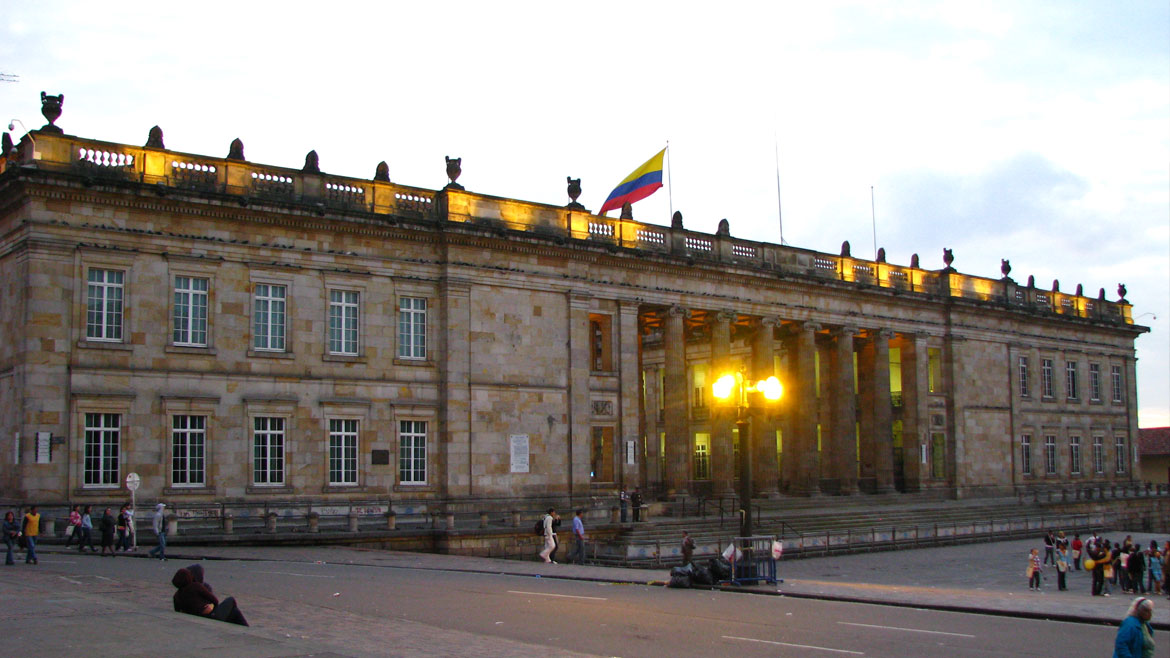Colombia’s Congress will return from summer recess on Tuesday amid one of the worst government crises of the century and less than a year before elections.
The increasingly authoritarian President Ivan Duque and media loyal to the government try to appear confident that his coalition will hold until after the elections in March next year.
This is anything but certain though, especially because of the devastating effects of the coronavirus pandemic.
According to newspaper El Tiempo, the president has the support of the coalition to push his priority bill, a tax reform, through Congress.
Historically, the only way to get a budget finance bill through Congress in an election year is by securing enough slush funds with which lawmakers can finance their reelection campaign.
Duque may have been able to please Congress, but is facing unprecedented opposition by labor unions, ethnic minorities and youth organizations that demand an economic recovery plan.
These groups have organized renewed protests for Tuesday after successfully sinking the president’s initial tax reform proposal in May.
If Congress is able to rush the approval of the tax reform, chances are this would increase social unrest and negatively affect lawmakers’ chances in March next year.
As if approving a tax reform in an election year wasn’t tricky enough, the government also wants Congress to approve a police reform and an “anti-vandalism” bill that can also count on broad disapproval.
Duque reportedly also plans to reform the country’s royalty system that would leave more revenue made from oil and mining in Bogota, but reduce revenue for municipalities affected by these industries.
Apart from these legislative hurdles, the Supreme Court could rule any time on the government’s brutal repression of protests and the election fraud allegedly committed by the president’s far-right party.
Duque’s attempts to violently repress protests and prevent the prosecution of his allies have destroyed colombia’s reputation abroad and put the country on the brink of a constitutional crisis.
After the beginning of the election campaign in September, Duque’s coalition partners in Congress will likely reconsider their support for the government and focus on luring voters.
If only one coalition party bails, Duque would become a lame duck president at best. How much of Colombia’s democracy will be left when a new Congress takes office on July 20 next year would be a wild guess.


